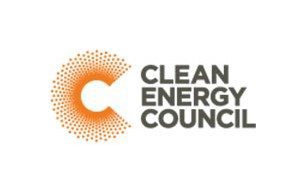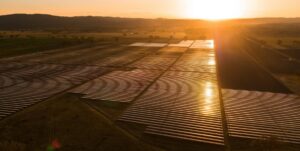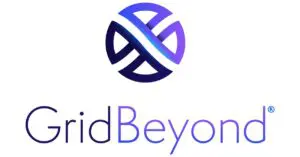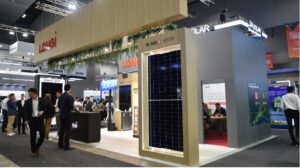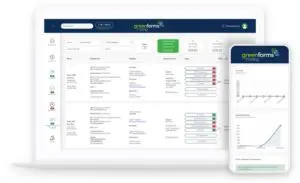PRESS RELEASE
A community mini grid in Victoria which helped customers to halve their power bills over summer, an innovative approach to project finance, and electricity billing based on mobile phone plans are some of the finalists announced today in the 2017 Clean Energy Council Awards.
The winners of the awards will be announced on Tuesday 18 July at the NAB Gala Dinner, as part of the Australian Clean Energy Summit in Sydney.
Clean Energy Council Chief Executive Kane Thornton said the finalists in this year’s awards reflect a growing sophistication to overcome challenges facing the Australian energy sector.
“The past year has seen dramatic increases in electricity prices around Australia and continued political disputes over energy policy. Clean energy businesses have responded to these challenges by developing innovative solutions to reduce electricity bills for Australian households and set the record straight on the role that renewables play in our energy mix,” Mr Thornton said.
“The 2017 Clean Energy Council Award finalists serve as a fine example of the outstanding work that the industry is doing to ease the burden on everyday Australians. I would like to thank all of those who submitted an entry for this year’s awards and wish all of our finalists the best of luck. I look forward to presenting the awards to the winners at this year’s Australian Clean Energy Summit.”
The Clean Energy Council Awards recognise excellence in the clean energy sector in the fields of innovation and business community engagement.
The Outstanding Contribution to Industry Award will also be presented at the NAB Gala Dinner. This award acknowledges the contribution of an individual who has made a major and sustained contribution to the clean energy industry.
The finalists for the 2017 Clean Energy Council Awards are as follows:
Clean Energy Council Innovation Award
AusNet Services worked with Greensync and PowerTec to establish a Community Mini Grid in a street in Mooroolbark, Victoria to try and imagine the future of energy grids in Australia.
Homes in the project could share energy between themselves, and the project investigated the operation of a stand-alone mini grid within the broader energy network using 100 per cent renewable energy.
The project helped to better understand consumer behaviour when using energy management tools, and showed that the average participant was able to halve their power bills over the summer months.
Horizon Power has introduced an innovative new way of charging for electricity called “Power Plans” that aims to give customers better choice and control over their power bills.
Acknowledging the confusion that many consumers face when it comes to electricity billing, Horizon has designed the Power Plans like mobile phone or internet bills, which most consumers already understand. People can track their real-time energy use through an app to help them save money.
After the Victorian Government agreed to purchase the large-scale generation certificates from the Kiata Wind Farm for a five-year period, Windlab was able to negotiate finance with NAB for the project over 19 years – an unprecedented result for the market at the time.
Key to the deal was an offer from John Laing to acquire more than 72 per cent of the project at financial close.
John Laing was both a partner in the project and a customer, and its involvement was important to securing financial backing from NAB.
Clean Energy Council Business Community Engagement Award
The Climate Council developed a strategy to combat the misinformation surrounding the role of renewable energy in the September 2016 state-wide blackout in South Australia.
It also worked to communicate the role of climate change in extreme whether events and the importance of transitioning Australia to a renewable energy future.
It used written and video communication, social media, journalist backgrounding and stakeholder briefings to help combat misinformation.
Poor power reliability and high costs are a challenge when providing service to electricity customers in remote areas of the country. Western Power investigated the use of stand-alone power systems in regional Western Australia as an alternative to replacing hundreds of kilometres of overhead powerlines in areas with very few customers.
Community and stakeholder engagement was an important part of the 12-month pilot study, and the project attracted high satisfaction ratings from those involved.
Horizon Power is a finalist for both the Innovation Award and the Business Community Engagement Award for its new “Power Plans”.
The business essentially engaged the public as research partners, using an app to track their behaviour and engagement with the program.
It also made use of a Facebook group and Facebook polls, interviews, group forums, in-depth surveys, email, SMS, an educational video and an account manager who could be contacted at any time.
The 2017 Australian Clean Energy Summit will be held from 18 – 19 July at the Hilton Sydney. Hosted by the Clean Energy Council, the summit draws more than 500 delegates from nearly 200 organisations.
The program features more than 80 speakers from government, industry and academia discussing the latest market trends, innovation, policy, finance, business and technology developments in the clean energy sector.

